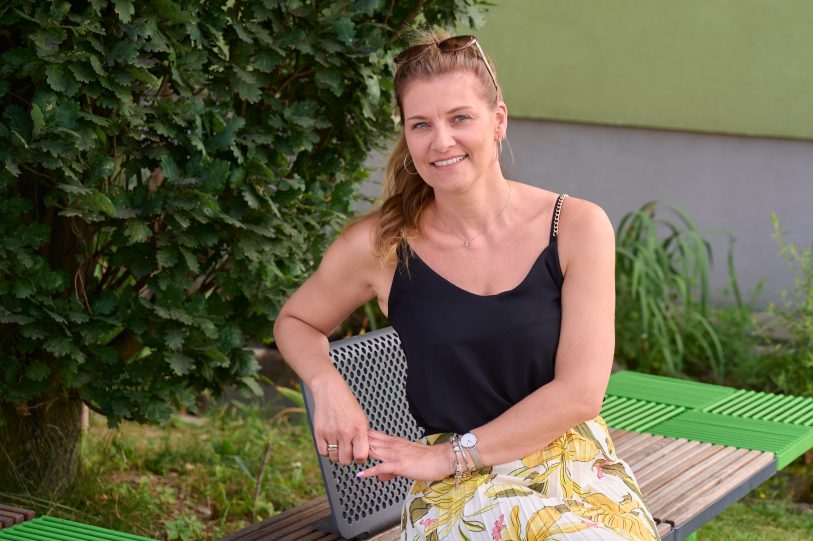
How do schoolchildren decide? With their hearts, their minds… and a little blindly
9. July 2025Primary school pupils often make decisions about their future on their own, but without enough information and support. This is one of the key findings of a large-scale research conducted in the first half of 2025 by the Region 47 initiative in collaboration with the Faculty of Logistics and Crisis Management.
The survey involved 546 pupils and 50 parents from the Uherské Hradiště and Uherskobrod regions. The results show not only trends in the choice of secondary school, but also weaknesses that the region can collectively strengthen.
They decide on their own, but often blindly
Almost half of the pupils decide on their own, without much influence from the school or counsellors. Only 1.8% said the school played a major role. Parents, on the other hand, are often supportive of independent decision-making, with 66% saying so.
“Pupils feel that they make their own decisions but often lack information. If they do not have active support at home or at school, their choice is often intuitive, sometimes even random,” explains prof. Zuzana Tučková, dean of the Faculty.
Future work as the main motivation
The most frequent reason for choosing a school is the idea of future employment – 82% of pupils and 86% of parents mentioned it. Hobbies and talents also play a strong role, as well as practicality – for example, the school’s transport accessibility.
“Pupils think pragmatically. They want to do what they enjoy, but they also ask: will I find a job in this? Even with such a young generation, this is a significant shift,” Tučková says.
Career guidance: untapped potential
A third of pupils have not encountered career guidance at all – and similarly three quarters of parents. Yet pupils who had received career guidance rated it as understandable and useful. However, it rarely influenced their decision-making.
“Counselling in primary schools is often only formal. The choice of secondary school can have a major impact on the direction of life,” says Tučková.
Personal experience is key
The Open Day remains the most powerful decision-making tool, with 83% of pupils and 90% of parents attending. School fairs or company presentations had significantly less reach.
This shows the great potential for secondary schools if they are given the opportunity to present themselves directly and personally.
Region 47: concrete steps for change
The results of the survey were also presented during the IX. Region 47 has long been linking schools, companies and municipalities, and better orientation of pupils in career decision-making is one of its priorities.
“The research helped us to precisely target our next steps. One of them is the Talented Student programme, which we have launched right where pupils are groping the most. We are pleased that we are finding support among schools, companies and the Zlín Region,” says Radek Křen, chairman of the executive committee of Region 47.
The Faculty of Logistics and Crisis Management at TBU is participating in the research and other activities of Region 47 as an expert partner. We are glad that we can contribute to young people making conscious choices and to giving them clear opportunities to fulfil their potential in the region 💚